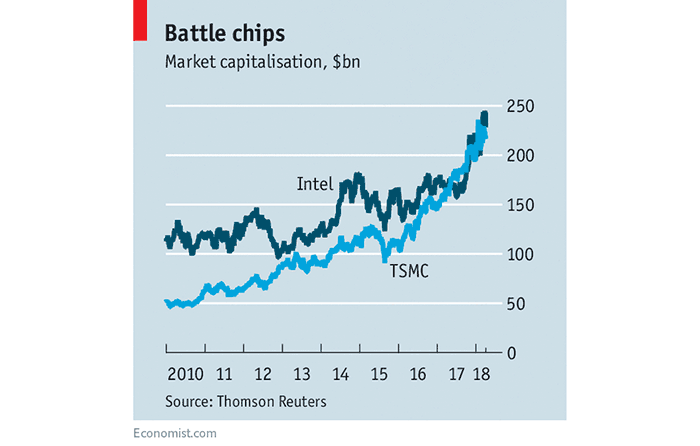Something will have to give. Silicon as a base material is about used up. If Intel is having these kind of issues now, just trying to reach 7nm, wait until they try 5nm. They'll have to figure a way for cpus to run at 1.0v or less, just to stop physical burnout and bleeding. Which won't happen anytime soon. So when game devs want to push BF10 on 16k monitors at 600Hz, it's going to take cores, not speed, to get the job done. Short code strings, fast IPC, multiple threads.
Or go backwards and take half the stuff back out of the cpu, like the memory controller, igpu etc and free up i/o. Modular cpus, multiple sockets for different performance levels and applications. Daughter boards. Infinity Fabric on a motherboard scale, not a cpu scale.
MSI already built a modular motherboard, don't see why Intel couldn't do similar with a cpu, but I'm betting that's already gone across the minds of some amd folks.



